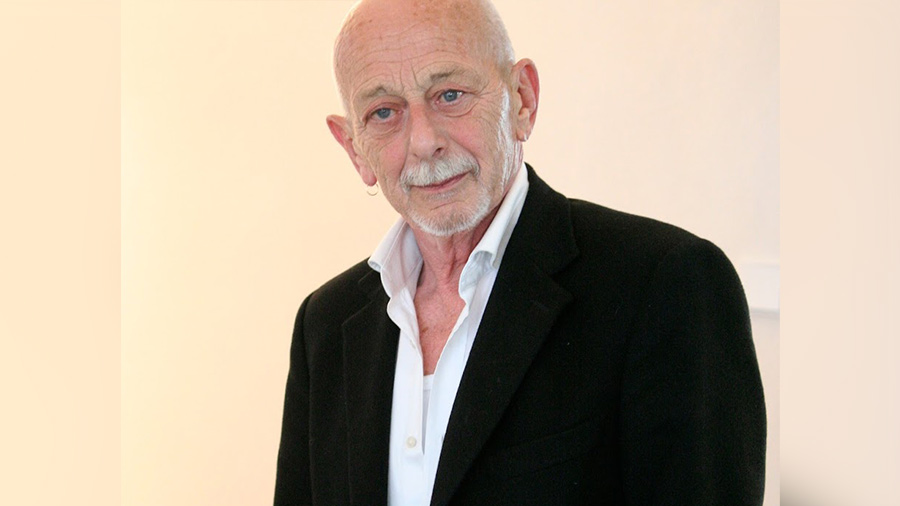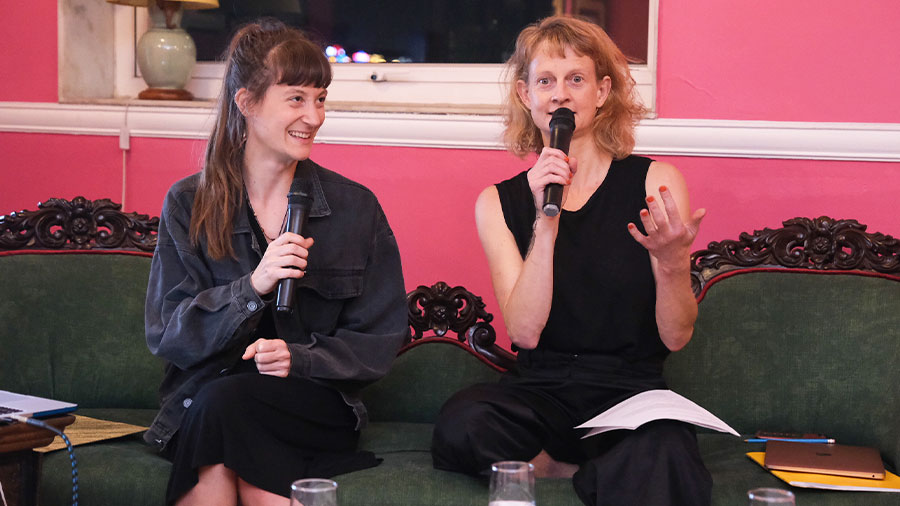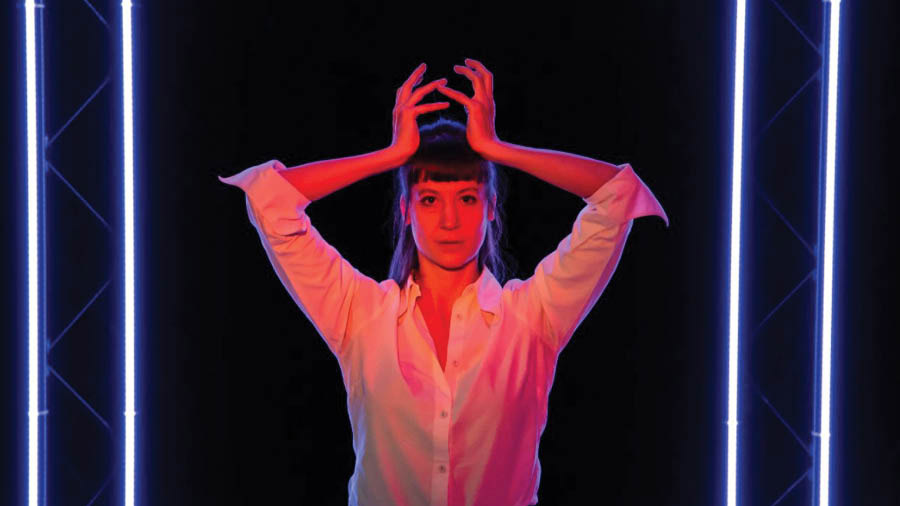Dance theatre is one of the many ways in which a story can be told. This was evident in a conversation between Solène Weinachter and Katye Coe of Scottish Dance Theatre, and Ruchira Das, director of arts, British Council India.
The discussion was held as part of Artist Diaries: Edition 1:1, in association with My Kolkata, at the Glenburn Penthouse.
The new series launched by Glenburn Culture Club and Pickle Factory Dance Foundation is centred around an artist’s approach to their creative philosophy, and insights into their current projects.
An introduction to Scottish Dance Theatre
Scottish Dance Theatre was founded in 1986 by Royston Maldoom OBE. It was not founded as the international repertoire company that we know today, but as a grassroots project on the history of Dundee. The company had initially started with three dancers to engage local and marginalised communities and to provide professional input and opportunities. The company has grown over the years to become Scotland’s flagship contemporary dance company and has developed a strong national and international significance with awards and recognition. The company utilises both full-time and freelance artistes, helping them work in a sustainable model.

Royston Maldoom founded Scottish Dance Theatre in 1986
Being global performers, artistes Solène Weinachter and Katye Coe spoke in depth about their individual projects as well as projects with the Scottish Dance Theatre.
On performing in unconventional spaces
Solène: “I was in the company when Janet Smith was the director and her legacy was to have the company in Scotland touring places that were miles away in a bus. We still have a relationship with the communities in the far west coast of Scotland. To be practical, it is costly, because the community will not give us a commission, the company has to go there. As the funding has decreased, so has our presence with these communities. But it is great that this particular programme (Antigone, Interrupted) could commission us to go back.
Katye: It is an initiative that any work can apply to. Antigone is one such example, but there are many in the UK where art, dance and other companies can apply to a fund and take the work to these places. It relies entirely on organisations and hosts like the Pickle Factory, who are calling the art and bringing it into these communities that are not really moveable in terms of cultural experiences outside their immediate geography.
About their other projects
Solène: I have two projects. One is Collective Endeavours, which is a collection of improvisers like musicians and dancers based in Scotland. We practise decision-making with thorough practice, but we go on stage with no idea of what it is going to be. I am also a choreographer and this is where Scottish Dance Theatre and Dundee Rep have been supportive because they help me with scheduled times and spaces.
Katye: “I have been practising dance for 28 years and when I got out of school, the first job I got before my first art contract was with London Art School. I have done a variety of things on the way, but I was always a dancer. So, I started that as a career in my early 20s but I went full-time just before my 40s. When funding was cut in the degree-level courses of the arts, I decided to switch to a more independent body. For the last nine years, I am a performer collaborating with many choreographers. I am also a rehearsal director in different circumstances.
About ‘Antigone, Interrupted’
Solène: We added the word ‘Interrupted’ because we take the play and interrupt it. We interrupt Antigone and we insert… I have a long relationship with the play where Solene is the narrator, dancer and performer. Then there is a question of fate, a Greek tragedy. We have all felt a way where we think it is the end. So, it interrupts that thought and asks a question of fate.

